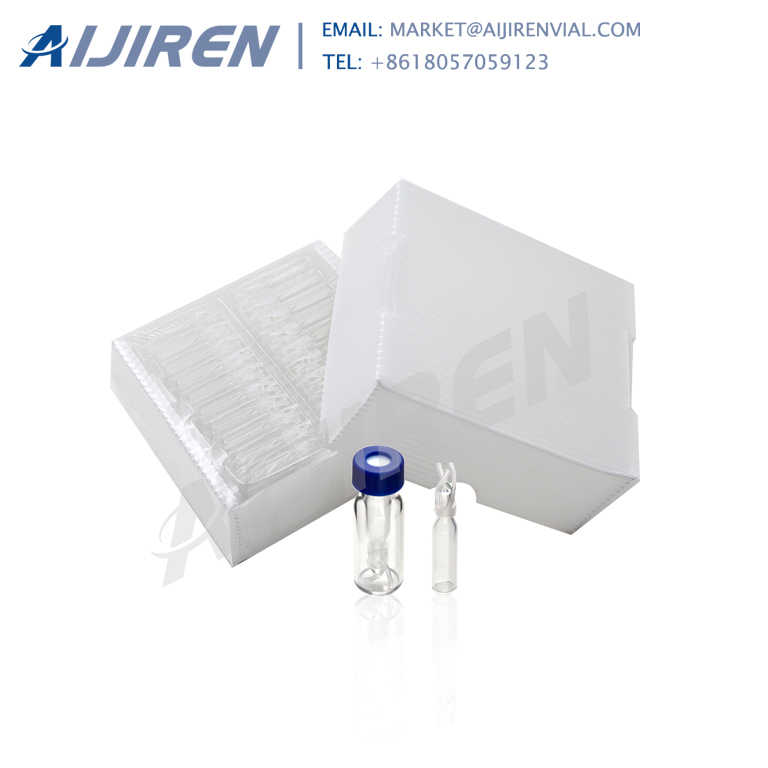
Jan 27, 2021 · The most interesting factor of membrane filters it´s their uniform porosity of the same standard size which is normally 0.45 µm, this size is enough and the right one to be able to trap small microorganisms. Using this type of filtration method, water sample passes through the membrane using a filter funnel and vacuum system, as the name
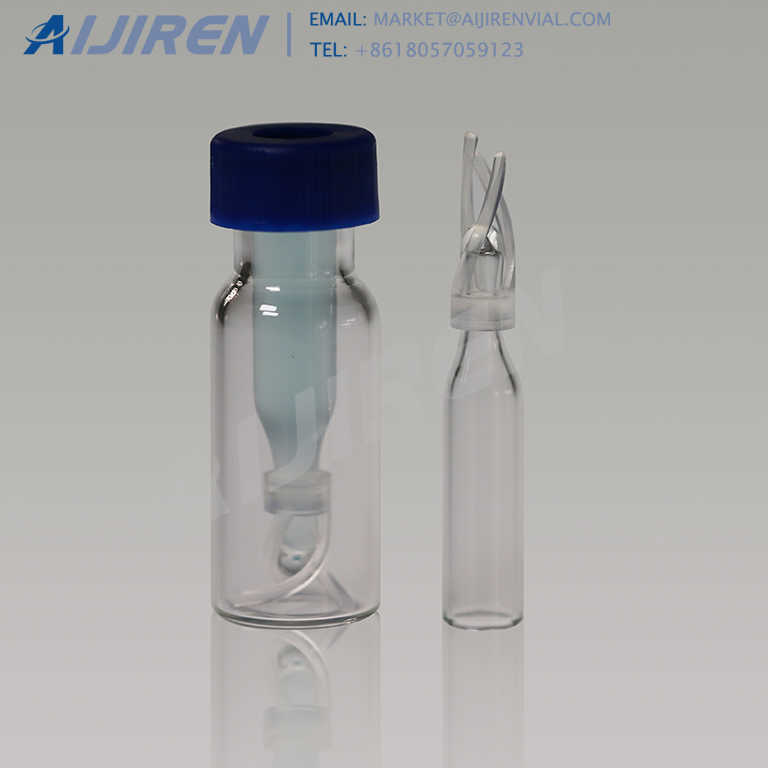
Aug 07, 2018 · Cellulose Acetate (CA) Membrane. Hydrophilic filtration membrane with limited chemical resistance but made from pure cellulose acetate, which is very low protein binding and so excellent for protein recovery. Withstands temperatures up to 180°C, making it well suited for hot gases.
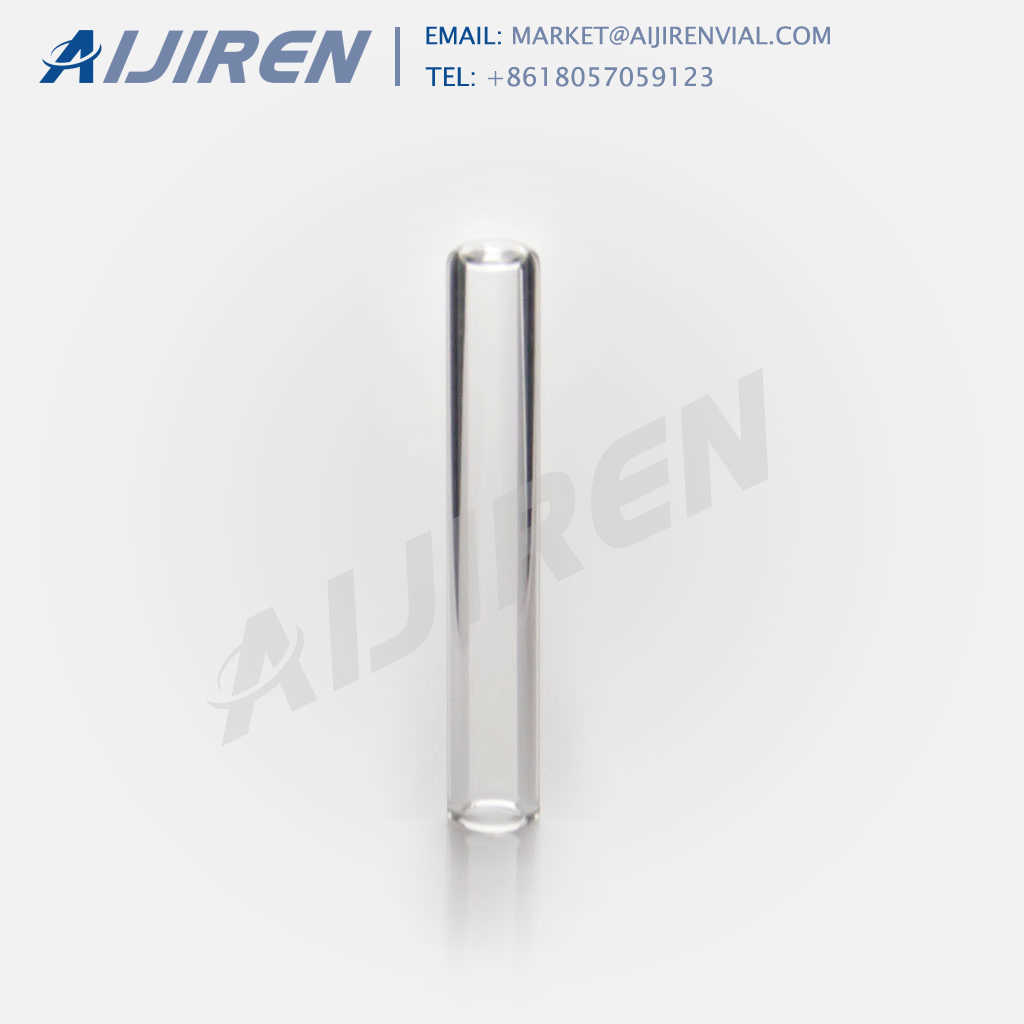
About Press Copyright Contact us Creators Advertise Developers Terms Privacy Policy & Safety How YouTube works Test new features Press Copyright Contact us Creators
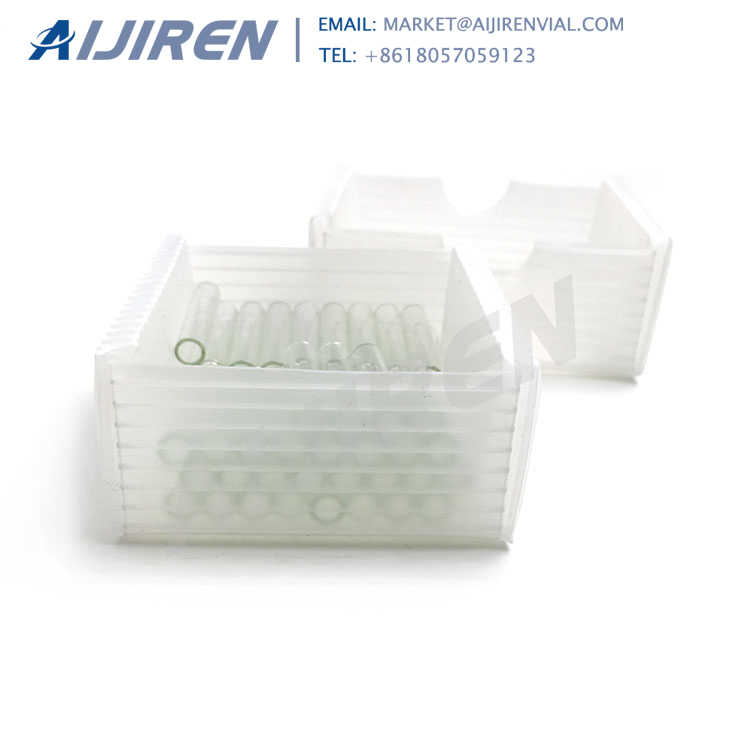
Membrane filters made of a colloidal polymer film are used in general particle filtration. They have a complex, open, colloidal-type structure, and in contrast to depth filters, mainly retain caught particles on the surface of the filter. Pore size is one of the most commonly discussed characteristics of a filter.
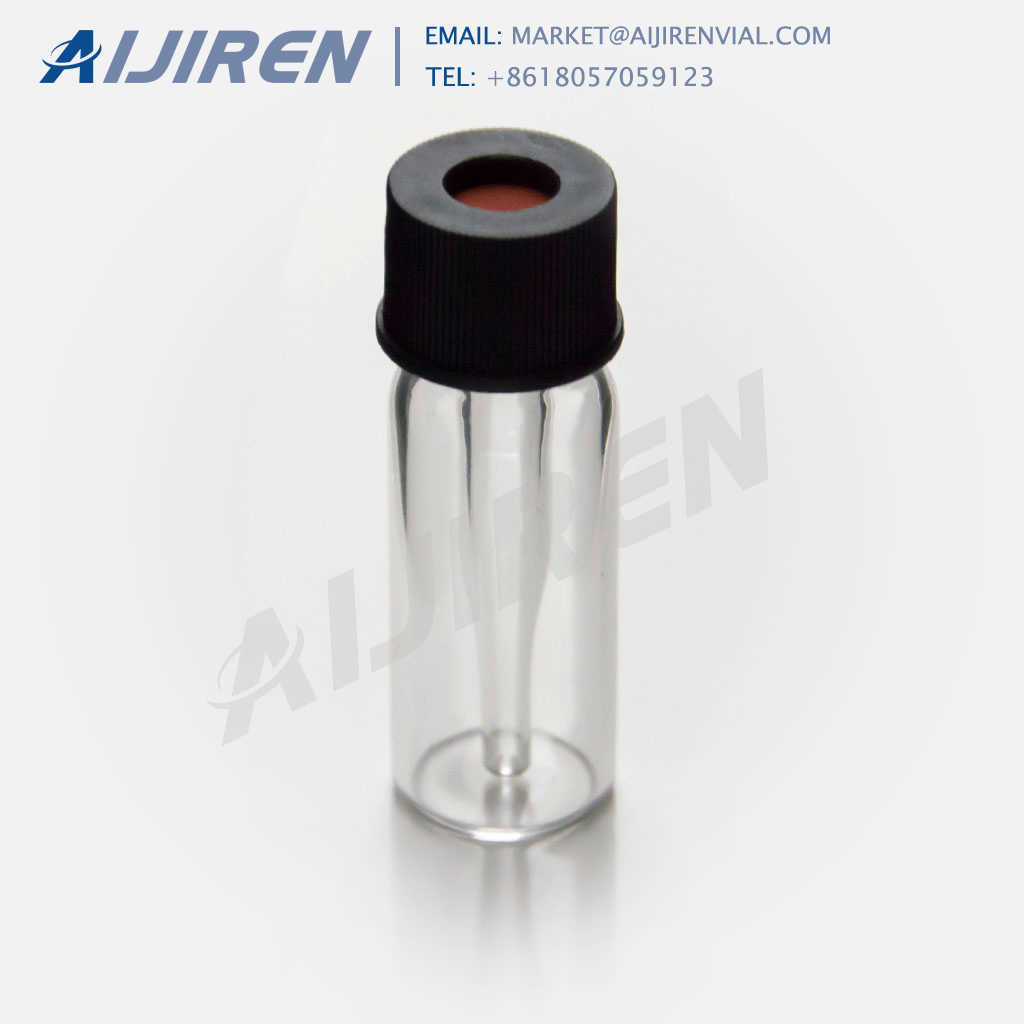
May 07, 2021 · 1. Membrane filter sterilization steam sterilization for 30 minutes. 2. Autoclave sterilization (121℃, 30min). Soak the filter membrane in distilled water for over half an hour, and keep it moist during the sterilization process. Disinfect the filter membranes of all appliances if the not good wetting affects the flow rate.
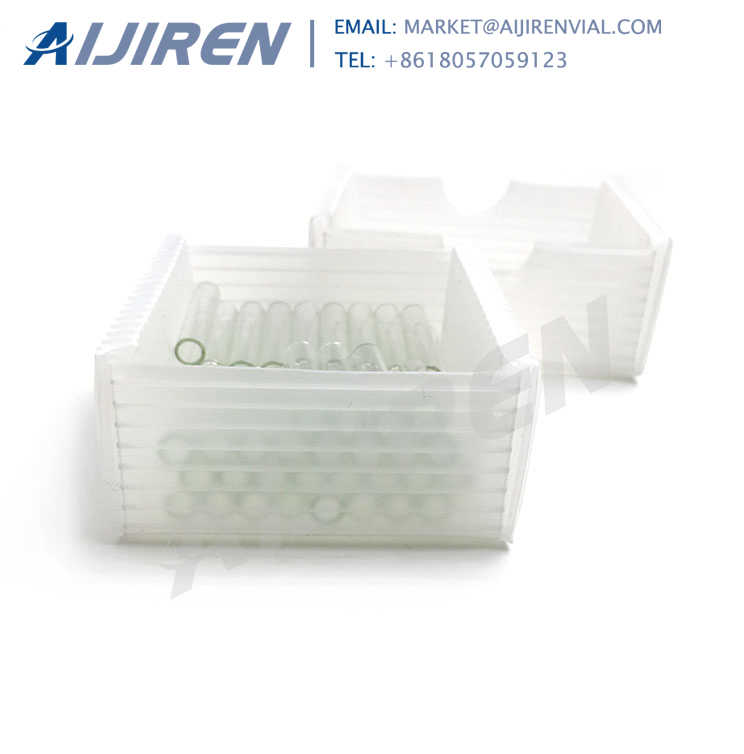
The membrane is placed in the frit and the set is connected directly to a vacuum pump with tubing to allow for the solvent to drain through the membrane and frit into the receiving. Sometimes disposable funnel sets commonly referred to as, “Bottle Top Vacuum Assemblies,” will come with a membrane pre-installed in the frit.
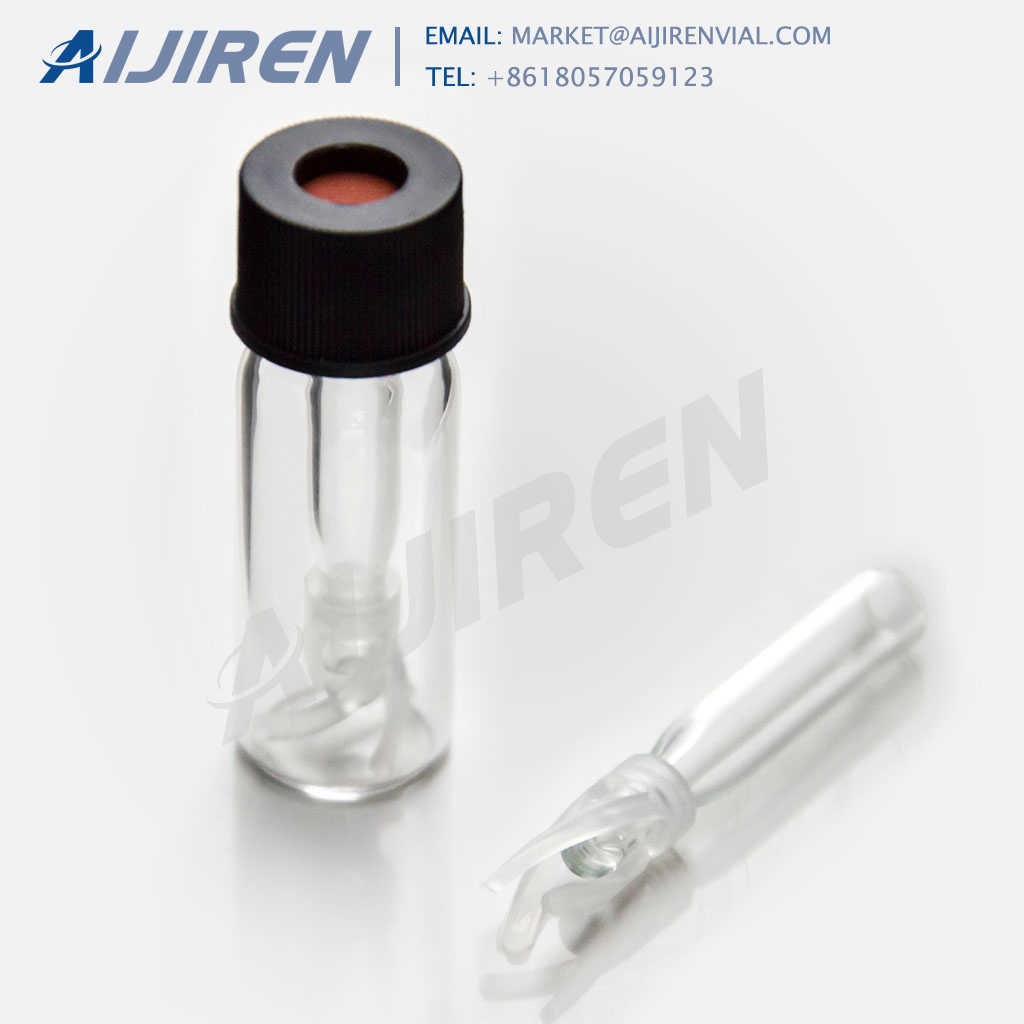
Membrane squeeze, or diaphragm squeeze, filter plates offer a number of benefits, from time savings to improving the lifespan of the membrane. M.W. Watermark™ offers membrane squeeze filter press/plate solutions to a range of industries. Discover how membrane (diaphragm) squeeze plates work and what advantages they bring to the table.

2. Decide an appropriate pore size. The pore size of a filter, stated in microns (aka micrometers or µm), is determined by the diameter of particles retained by the filter or by a bubble point test. • Nominal ratings are the pore size at which a particle of defined size will be retained with an efficiency below 100% (typically 90-98%)

Membrane Filter Production and Use. Membrane filters can be manufactured using flatbed or rotary die cutting, high-speed punching, and kiss cutting. Plus, they can be supplied on rolls or sheets with or without an adhesive backing. Membrane filter diameters range from 0.25” to 60” with tolerances of 0.005″. Depending on the membrane
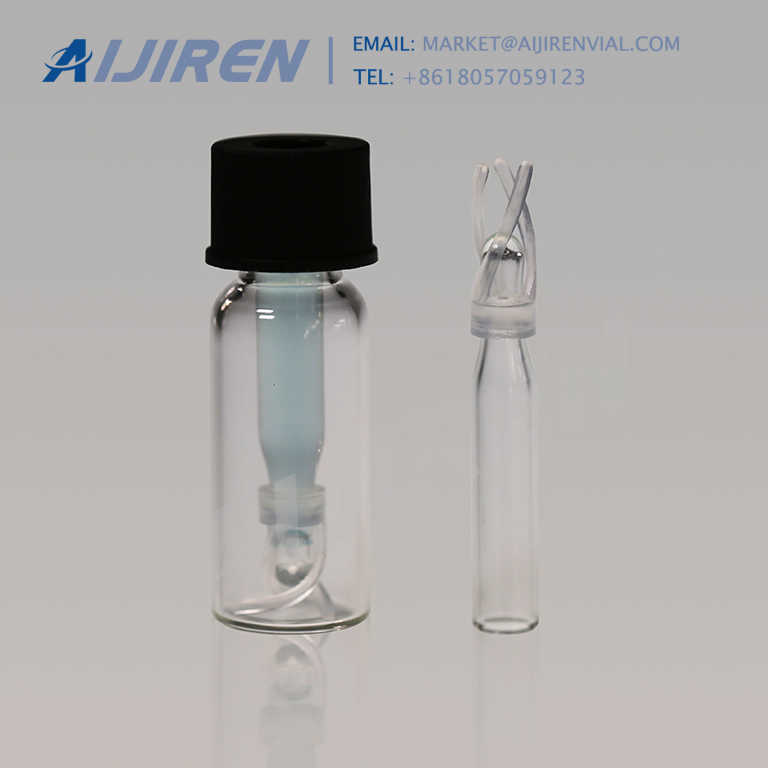
Membrane Filtration Design. · Membrane filtration is a mechanical barrier that uses a straining mechanism only to remove material from the water. · If the barrier is intact, no particles larger than the membranes pore size can pass through the filter. This is illustrated in Figure 1.2.

May 04, 2022 · Step-by-step Procedures. Collect the sample and make any necessary dilutions. Select the appropriate nutrient or culture medium. Dispense the broth into a sterile Petri dish, evenly saturating the absorbent pad. Flame the forceps, and remove the membrane from the sterile package. Place the membrane

Oct 25, 2016 · Membrane filtration process is a physical separation method characterized by the ability to separate molecules of different sizes and characteristics. Its driving force is the difference in pressure between the two sides of a special membrane. Membrane technology enables you to bring down overall production costs, and boost product quality at
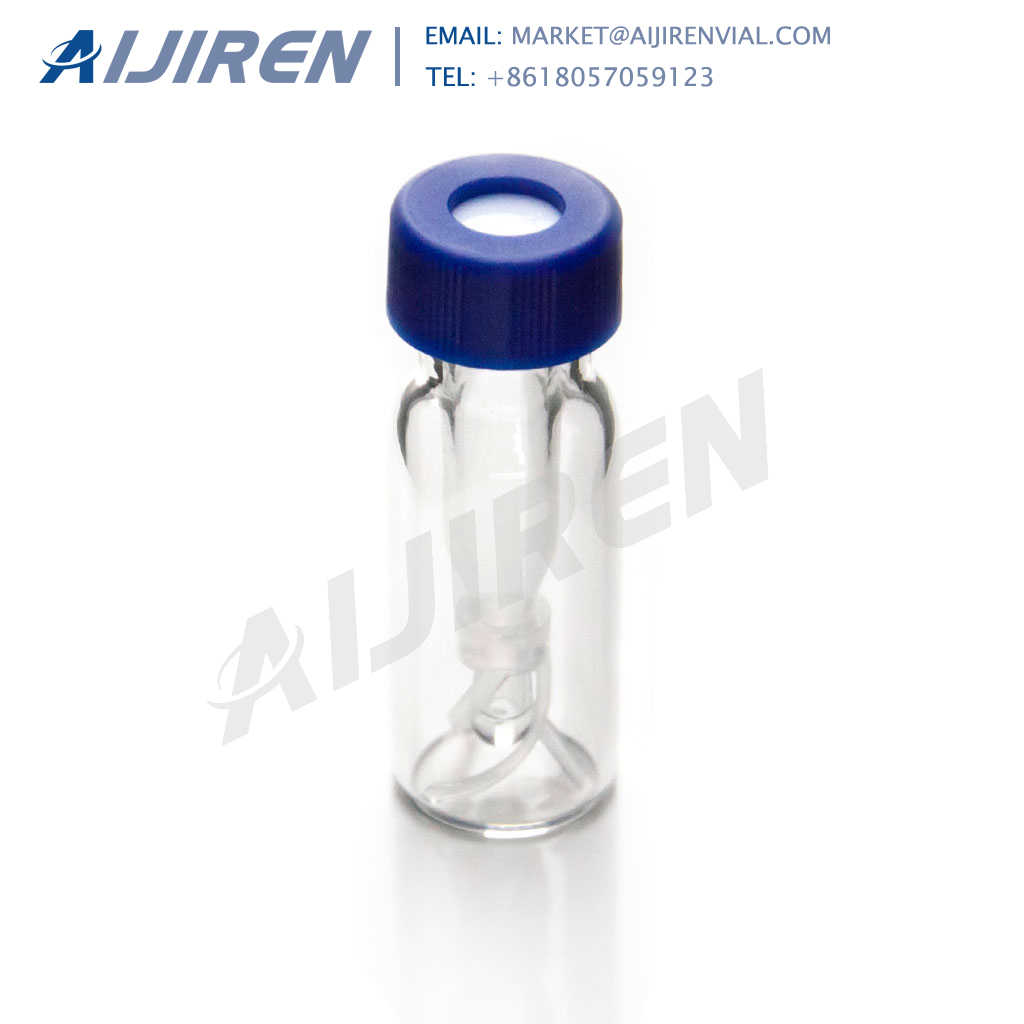
Dec 14, 2020 · The main purpose of the Membrane filtration technique is to ascertain the residence or absence of a particular coliform group that is usually existing in wastewater and groundwater. Sometimes, during the membrane filtration technique, the membrane filter is placed over an absorbent paper of diameter 48mm with a thickness of 0.8mm.
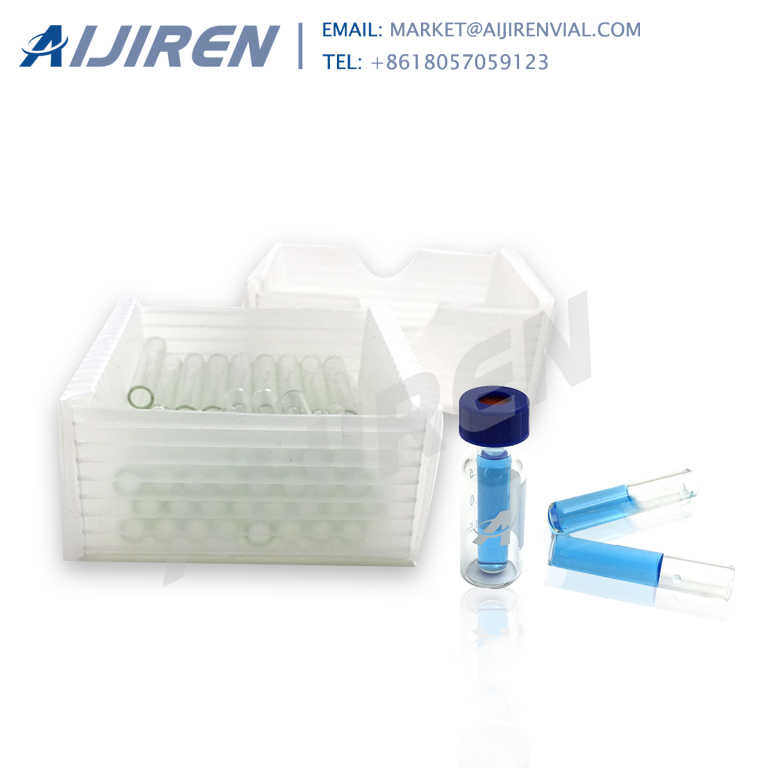
Limitations of Membrane Filtration Technology. clogging of membrane is likely to happen due to its small pore size. membrane type i.e. tubular membrane system or plate & frame membrane system. cleaning of membrane using flushing and backwash process need large amount of water. After analyzing the benefits and limitations of water filtration
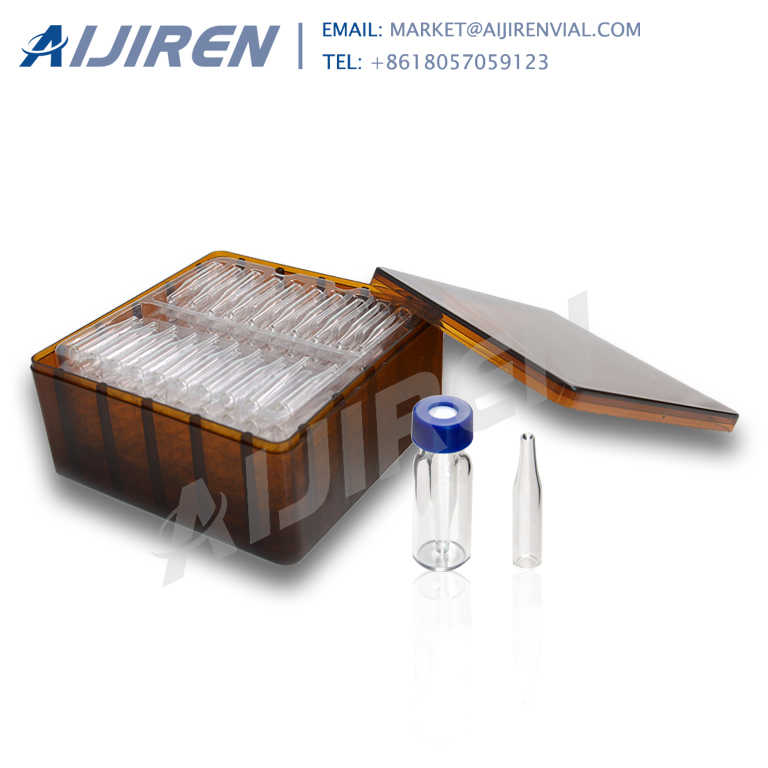
Hydrophobic PTFE. These filters are highly porous, thin, and they behave as absolute retentive membranes. They remain inert even with strong bases, strong acids, and solvents which are chemically aggressive. You can use these membrane filters for sterilizing gases, venting gas and air, or for clarifying and sterilizing strong acids or solvents